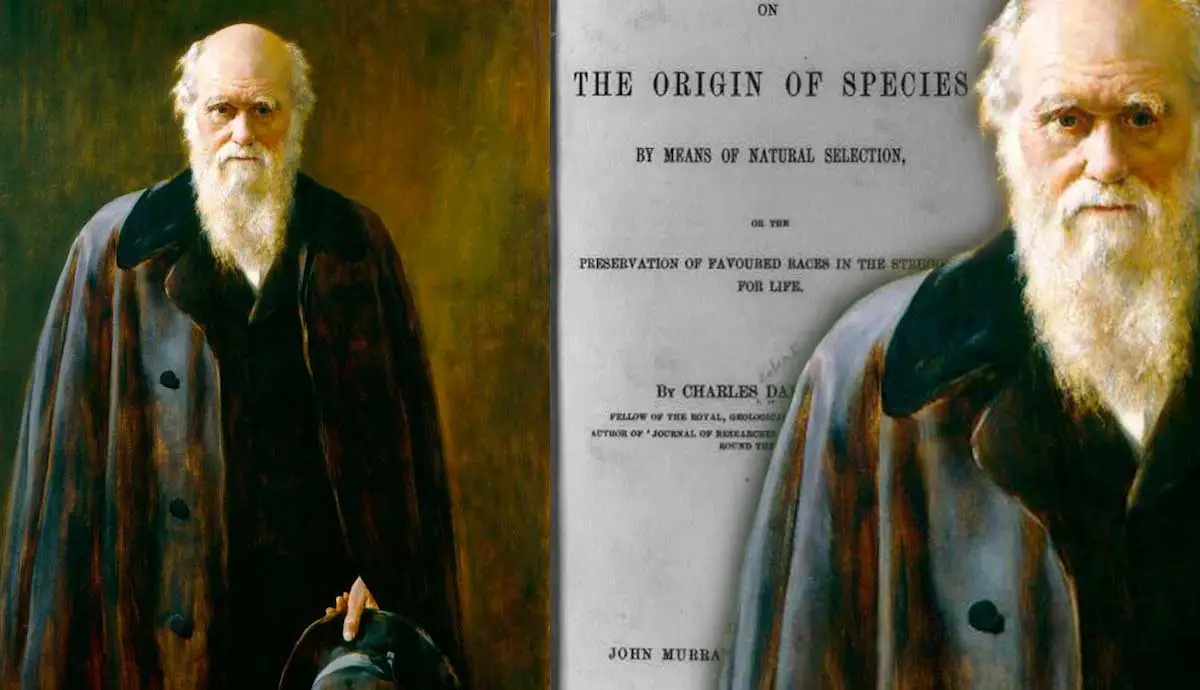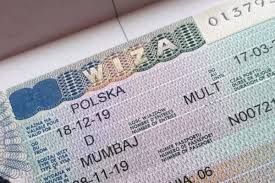Do you have any cherished family heirlooms that hold sentimental value? Maybe your grandmother’s wedding ring was passed down to you, or perhaps there’s a special watch you intend to keep in the family.
If so, it's important to create a detailed estate plan to ensure these valuable items, like the examples mentioned, are distributed according to your wishes. Any gaps or lack of clarity in your plan could lead to family disputes and costly legal issues. Imagine you want to leave a treasured Polaroid camera to your son. You’ve discussed it with him, and everything seems settled. After your passing, he expects to inherit the camera, but your daughter expresses interest in it as well. If the camera wasn’t explicitly mentioned in your estate plan with your son as the designated recipient, the situation could escalate to a legal battle. This could not only result in court fees reducing the value of your estate but also harm the relationship between your children.
Create a list of items you want to keep within the family
While drafting your estate plan, think about all the personal property you own that you’d like to pass down and create a list. Be as specific as possible—describe the item, its origins, and who you want to inherit it. Though it may seem tedious, vague language can open the door to litigation. Keep the list updated throughout your life as new items may be acquired or beneficiaries changed.
In addition to listing items, consider having them appraised if necessary. This will help you determine their value, aiding in the fair distribution of assets. Using the earlier Polaroid example, if the camera is worth $1,000, you might find another item of similar value to leave to your daughter. If you want to go further, discuss with your family the option of hiring an appraiser after your passing, as values can change over time.
Prepare the legal documentation
Next, draft the necessary legal documents to transfer your assets. You can do this through either a will or a trust. The main difference between them is that a will takes effect after death, while a trust can be active immediately. A will outlines how your property will be distributed upon your death but may be subject to probate, becoming public record, and exposing assets to creditors and estate taxes. However, it’s inexpensive and easy to update.
Trusts, on the other hand, are costlier to create and often require an attorney’s help. With a trust, you also need to decide between a revocable or irrevocable trust. A revocable trust lets you maintain control, making changes during your lifetime, though the assets will be subject to estate taxes. An irrevocable trust, however, relinquishes control, removing the assets from your estate, making them exempt from estate taxes if your estate exceeds a certain value. As of now, estates over $13.61 million are subject to taxes.
No matter how you choose to pass on your personal treasures, the key is to document your intentions clearly. List your assets, consider consulting an estate planning attorney, and explore the best options to ensure your wishes are honored.
Pat Simasko is an investment advisory representative offering services through CoreCap Advisors, LLC. Simasko Law operates separately and is not affiliated with CoreCap Advisors. This information does not constitute tax, investment, or financial advice. For specific advice, consult a licensed professional. Personal property distribution, unlike other assets such as cash or brokerage accounts, often involves deep emotional ties, particularly with family heirlooms like antiques, jewelry, or photos.


























0 Comments